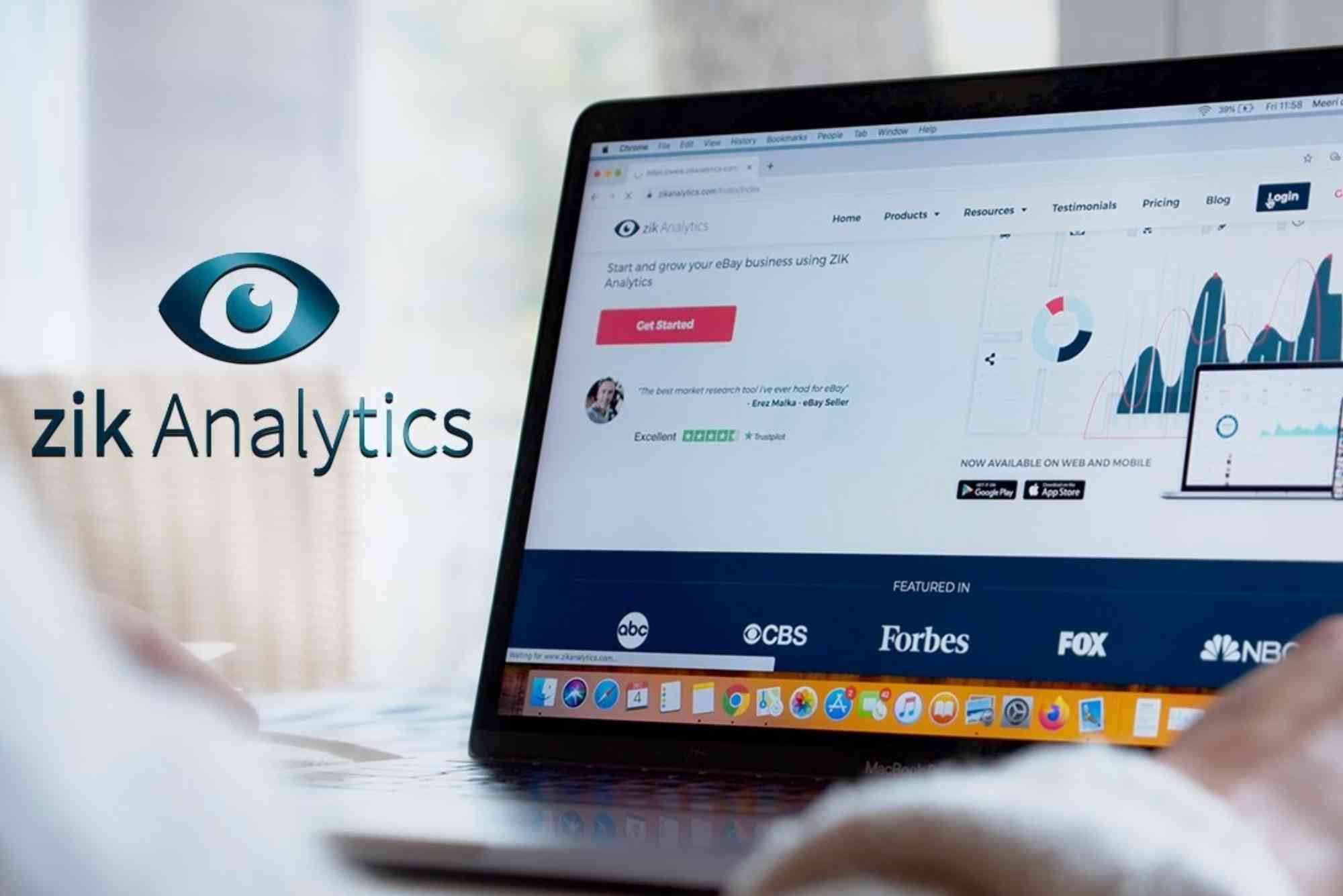Why Business Intelligence And Data Analytics Matters for Online Business
In today’s hyper-connected digital economy, business intelligence and data analytics have become indispensable tools for online businesses. Whether you run an eCommerce store, SaaS company, or digital marketing agency, your success depends on understanding customer behavior, market trends, and performance metrics. Data-driven decision-making allows companies to stay agile, predict outcomes, and enhance customer satisfaction — all of which are vital for growth.
Understanding Business Intelligence and Data Analytics
Business intelligence (BI) and data analytics, while related, serve distinct yet complementary purposes. BI focuses on using existing data to generate actionable insights through dashboards, reporting, and visualization tools. Data analytics goes deeper — it involves examining datasets to discover patterns, correlations, and forecasts that can drive innovation. Together, they create a feedback loop where decisions are based on facts, not guesswork.
The Core Difference Between BI and Analytics
Business intelligence answers “what happened” and “why it happened,” while data analytics often explores “what will happen next.” BI tools like Power BI and Tableau help you visualize metrics, whereas analytics frameworks such as Python and R allow you to build predictive models. For online businesses, combining both ensures continuous improvement and informed strategic planning.
Why Data-Driven Decisions Matter in Online Business
The online marketplace is competitive and rapidly changing. Without accurate insights, businesses risk wasting marketing budgets and missing opportunities. Data-driven decisions allow you to identify your best-performing channels, products, and customer segments. For instance, by analyzing conversion rates and customer journeys, you can determine which campaigns bring the highest ROI.
Enhanced Customer Experience
Business intelligence and data analytics enable personalized customer experiences. Using behavioral data, online retailers can recommend products tailored to individual preferences. This level of personalization not only increases sales but also strengthens brand loyalty.
Efficient Marketing Optimization
Through advanced analytics, marketers can measure the effectiveness of ads, email campaigns, and social media efforts in real time. Tools like Google Analytics, HubSpot, and Kissmetrics Blog offer insights into user engagement, helping teams refine strategies to reduce customer acquisition costs.
How Business Intelligence Empowers Online Operations
From inventory forecasting to financial planning, BI systems streamline operations by providing clarity. For example, eCommerce stores can use BI dashboards to track product performance, identify slow-moving inventory, and optimize pricing.
Real-Time Reporting
Real-time dashboards help businesses respond immediately to shifts in market demand. For example, if sales suddenly drop, BI tools alert managers instantly, allowing for quick corrective actions.
Predictive Analytics for Growth
Predictive analytics uses historical data to anticipate customer needs or forecast revenue trends. This proactive approach enables businesses to allocate resources effectively and minimize risk.
The Competitive Edge of Business Intelligence
Businesses that embrace business intelligence and data analytics enjoy a significant competitive advantage. They can identify hidden trends faster, understand market dynamics, and act before competitors do.
Informed Decision-Making
BI ensures that every decision — from product launches to marketing campaigns — is grounded in data. This reduces uncertainty and improves strategic outcomes.
Cost Reduction and Efficiency
Data analytics helps eliminate inefficiencies. For example, identifying underperforming ad sets or redundant processes allows teams to reallocate budgets toward more profitable activities.
Real-World Applications in Online Business
Many global companies have demonstrated how BI transforms digital operations. Amazon, for instance, uses advanced analytics to forecast customer demand and optimize its recommendation engine. Similarly, Netflix relies on data insights to enhance viewer experience and retention.
Small and mid-sized businesses can also leverage BI tools to analyze website performance, track KPIs, and improve product offerings. Platforms like Shopify and WooCommerce integrate BI dashboards to visualize key performance metrics easily.
Choosing the Right BI and Analytics Tools
Selecting the right tools depends on your business size, data volume, and objectives. Power BI, Tableau, and Google Data Studio are popular BI platforms, while analytics tools like SAS, Python, and R cater to advanced modeling.
Integration Capabilities
Ensure your BI system integrates seamlessly with CRM, ERP, and eCommerce platforms. Integration allows a 360-degree view of your customers and operations.
Scalability
Opt for tools that can scale as your online business grows. Cloud-based BI solutions are ideal because they handle large datasets without requiring expensive infrastructure.
Building a Data-Driven Culture
Technology alone isn’t enough — your organization needs a data-first mindset. Encourage teams to base every decision on evidence and continuously test assumptions.
Training and Skill Development
Empower employees with training in BI tools and analytical thinking. The goal is to ensure everyone — from marketing to finance — understands how to interpret data insights.
Collaboration and Transparency
Share BI dashboards across departments to promote alignment. When everyone has access to the same insights, collaboration improves, and decision-making becomes faster.
Challenges in Implementing Business Intelligence
Despite its advantages, implementing BI and analytics comes with challenges such as data silos, poor integration, and resistance to change. Overcoming these requires a clear data governance strategy, leadership support, and consistent communication.
Data Quality and Security
Accurate insights depend on clean, reliable data. Regularly audit databases and maintain cybersecurity protocols to protect sensitive information.
Cost and Complexity
For small online businesses, BI tools may seem costly. However, starting with scalable cloud-based platforms minimizes initial investment while delivering strong ROI over time.
Measuring Success Through KPIs
Tracking performance is crucial to understanding the impact of BI. Key Performance Indicators (KPIs) such as conversion rate, average order value, and customer lifetime value reveal how well your data strategy is performing.
Continuous Improvement
BI should not be a one-time project but an ongoing process. Regularly reviewing reports and refining strategies ensures sustained success in an ever-changing digital marketplace.
Future of Business Intelligence in Online Business
AI-powered analytics, machine learning, and automation are revolutionizing BI. Online businesses can now process massive datasets faster and generate predictive insights with minimal human input. As AI evolves, BI tools will become even more intuitive and integrated with daily operations.
Automation and AI Integration
Automated dashboards and natural language queries will make BI accessible to non-technical users. Decision-makers can simply ask questions and get instant, data-backed answers.
The Role of Data Ethics
As data becomes more powerful, ethical use and transparency will define trustworthy brands. Businesses must ensure compliance with privacy laws like GDPR to maintain customer trust.
In an age where competition moves at digital speed, business intelligence and data analytics are not just optional — they are essential. They help online businesses make smarter decisions, improve efficiency, and create meaningful customer experiences.
If you’re looking to harness the power of BI and analytics for your online business, consider working with an SEO Expert Help specialist who understands how to integrate insights into digital strategy. Data-driven growth begins with a commitment to understanding your numbers and acting on them with precision.
FAQs
What is business intelligence in online business?
Business intelligence refers to tools and processes that convert raw data into actionable insights to improve decision-making and performance.
How does data analytics help online businesses?
It helps track customer behavior, forecast trends, and optimize marketing strategies, improving overall efficiency and profitability.
Are BI tools suitable for small businesses?
Yes, cloud-based BI platforms like Google Data Studio and Power BI are cost-effective options for startups and SMEs.
What skills are needed for data analytics?
Analytical thinking, data visualization, basic statistics, and familiarity with tools like Excel, Python, or Tableau are valuable.
How can I start implementing BI in my business?
Begin with clear goals, choose scalable tools, and foster a culture that values data-driven decision-making.







